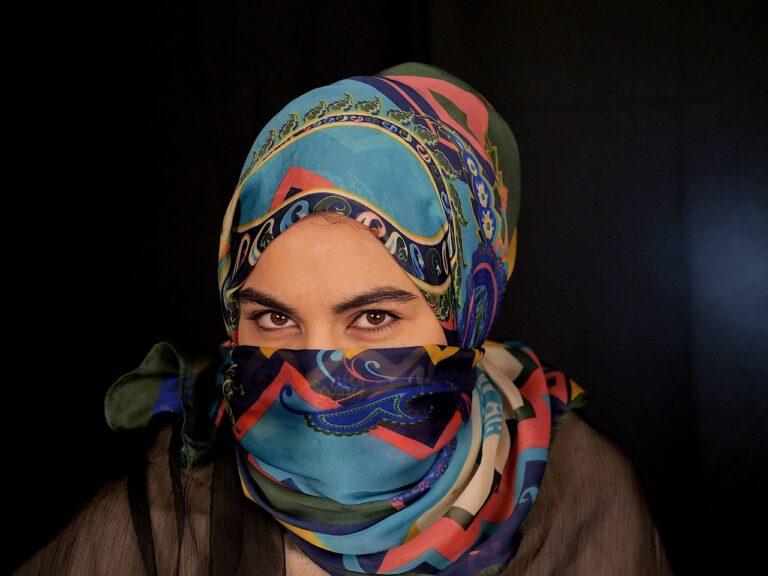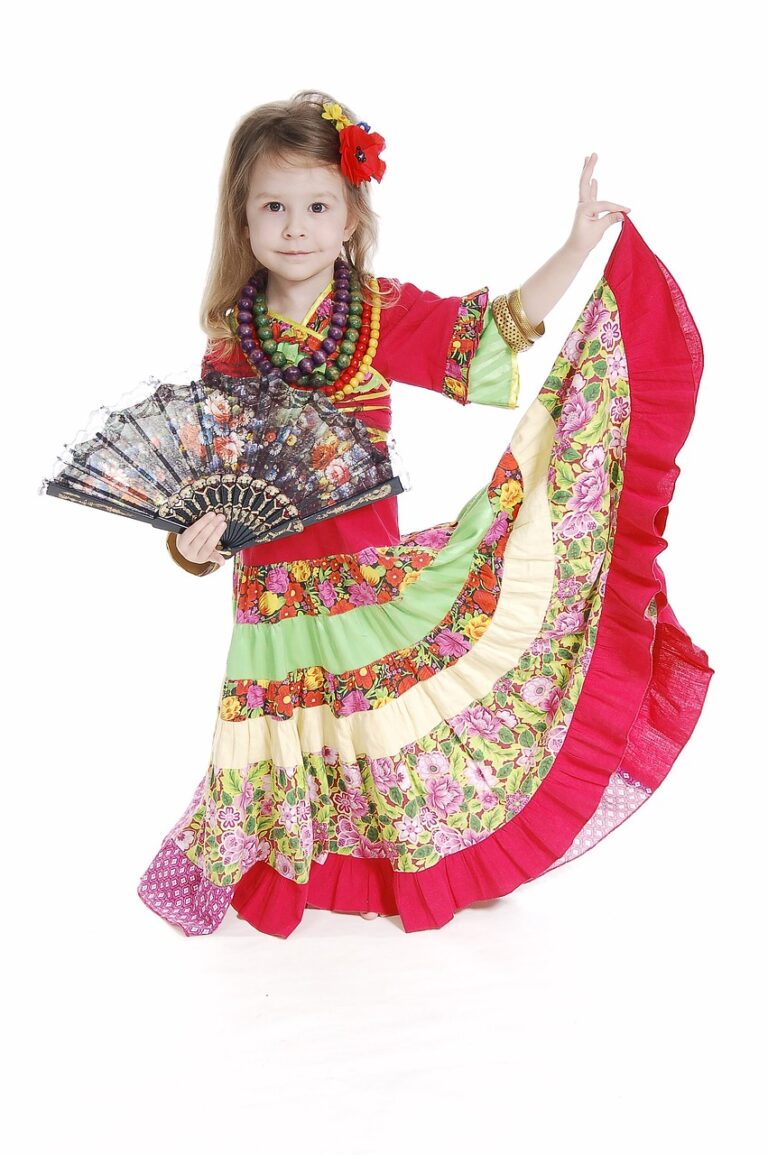Fashion and Artificial Intelligence: AI-Powered Styling Apps and Virtual Assistants
In recent years, the fashion industry has witnessed a significant transformation with the integration of artificial intelligence (AI) into various aspects of the design, production, and marketing process. AI-powered styling apps and virtual assistants have emerged as innovative tools that are revolutionizing the way people shop for and explore fashion trends.
The Rise of AI-Powered Styling Apps
AI-powered styling apps utilize machine learning algorithms to analyze a user’s preferences, body type, and previous fashion choices to suggest personalized outfit recommendations. These apps take into account factors such as current trends, weather conditions, and the occasion to offer tailored styling advice.
One of the key advantages of these apps is their ability to streamline the shopping experience by curating relevant clothing options from a wide range of brands and retailers. This not only saves time for the user but also helps them discover new styles and brands that align with their taste.
The Role of Virtual Assistants in Fashion
Virtual assistants powered by AI have become indispensable tools for fashion brands and retailers looking to enhance customer experience and drive sales. These virtual assistants can provide personalized styling tips, help customers find the right size, suggest outfit combinations, and even recommend accessories to complete a look.
By leveraging natural language processing and image recognition technology, virtual assistants can engage with customers in real-time, offering solutions to their styling dilemmas and creating a more interactive shopping experience. This level of personalization not only increases customer satisfaction but also fosters brand loyalty and repeat purchases.
The Impact of AI on Fashion Trends
AI’s ability to process vast amounts of data and predict consumer behavior has had a profound impact on fashion trends. By analyzing social media posts, search queries, and purchase history, AI can identify emerging trends and anticipate shifts in consumer preferences.
Fashion brands are using AI to forecast demand, optimize pricing strategies, and tailor marketing campaigns to target specific audience segments. This data-driven approach not only helps brands stay ahead of the curve but also minimizes the risk of overstocking or underestimating demand for certain products.
Challenges and Ethical Considerations
While AI has the potential to revolutionize the fashion industry, it also raises concerns about data privacy, algorithmic bias, and the impact on human creativity. Critics argue that an overreliance on AI may homogenize fashion trends and stifle individual expression, leading to a loss of diversity in the industry.
It is essential for fashion brands and tech companies to address these ethical considerations and ensure that AI is deployed responsibly and transparently. By incorporating diverse perspectives in AI development and regularly auditing algorithms for bias, stakeholders can mitigate potential risks and uphold ethical standards in the industry.
Future Trends in AI-Powered Fashion
As AI continues to evolve, we can expect to see further advancements in personalized styling recommendations, virtual try-on features, and sustainability initiatives within the fashion industry. AI-powered tools will play a crucial role in creating a seamless shopping experience that caters to the individual needs and preferences of consumers.
By harnessing the power of AI, fashion brands can unlock new opportunities for innovation, creativity, and customer engagement. The intersection of fashion and artificial intelligence promises to reshape the industry landscape and pave the way for a more dynamic and inclusive shopping experience for fashion enthusiasts worldwide.
FAQs
What are some popular AI-powered styling apps?
Some popular AI-powered styling apps include Stitch Fix, Amazon’s Echo Look, and StyleSnap by Amazon.
How do virtual assistants enhance the shopping experience?
Virtual assistants can provide personalized styling tips, help customers find the right size, suggest outfit combinations, and recommend accessories to complete a look, thereby enhancing the overall shopping experience.
What ethical considerations are associated with AI in fashion?
Ethical considerations related to AI in fashion include data privacy, algorithmic bias, and the impact on human creativity and diversity within the industry.







